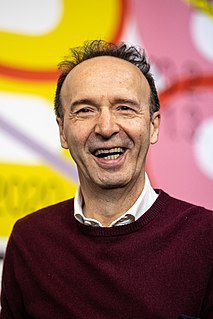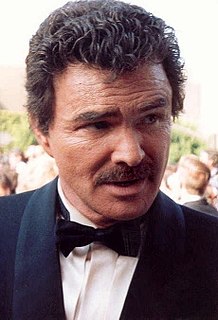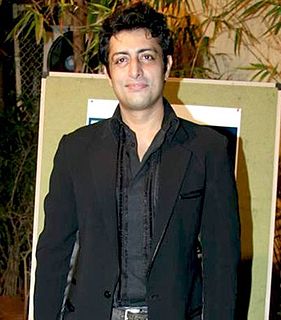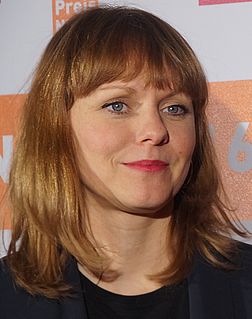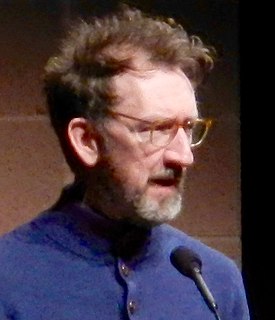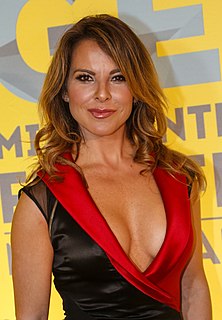A Quote by Roberto Benigni
I could have made a small film and kept all the money from 'Life is Beautiful'. Instead, I spent more money than I had on 'Pinocchio', a very risky film.
Related Quotes
I gladly, I voluntarily gave up the kind of commercial film career I had going as soon as I had enough money to finance my own films. I didn't make that money necessarily from the film business, but I eventually made a lot of money and that's what I do. Of course, I consider myself unbelievably fortunate, and I'm pretty content with my life.
When I said that something was going to cost a certain amount of money, I actually knew what I was talking about. The biggest problem that we were having on the financing front was people with lots of money saying "you need more money to make this film [Moon]," and us saying "no this is the first feature film we want to do it at a budget where we sort of prove ourselves at the starting end of making feature films; we can do this for $5 million." That is where the convincing part between me and Stuart came, we had to convince people with money that we could do it for that budget.
We with Komplizen Film believe very much in the writer-director and in the freedom of a filmmaker. I think it's always good to be involved where you spend the money. Filmmaking, you see in the picture what the money's spent for. I never had to leave a phase of filmmaking before being really happy, and that was really a big luxury. That could happen, I think, because I am my own producer.
I really believe that fact that I have such power in terms of numbers with Facebook, Twitter, Instagram, et cetera, I think it helped me win all of these races where others spending much more money than I spent. You know, I spent my money. A lot of my money. And I won. I think that social media has more power than the money others spent, and I think maybe to a certain extent, I proved that.
To walk in money through the night crowd, protected by money, lulled by money, dulled by money, the crowd itself a money, the breath money, no least single object anywhere that is not money. Money, money everywhere and still not enough! And then no money, or a little money, or less money, or more money but money always money. and if you have money, or you don't have money, it is the money that counts, and money makes money, but what makes money make money?
I left film because I felt that photography was my art. It was something I could do on my own, whereas film was so collaborative. I thought as a photographer I could make something that was artistic and that was mine, and I liked that. And it wasn't until I got back into film and I have very small crews and I could do very tiny filmmaking that wasn't 100 people that I still felt that I was making something artistic as a filmmaker. So, you know, I'm an artist, and whether it's photography or film, I want my voice to be there and I think my voice is very strong in this film.
Sadly most films only get exposure if they win an award or were in a festival, which is really difficult because those things cost money! Submitting your film to a festival or campaigning for an Oscar or a Golden Globe is very expensive. Most people don't know that, but all those events require a lot of money. If you have a small independent film, it's very hard to get the attention of people in those circles.
